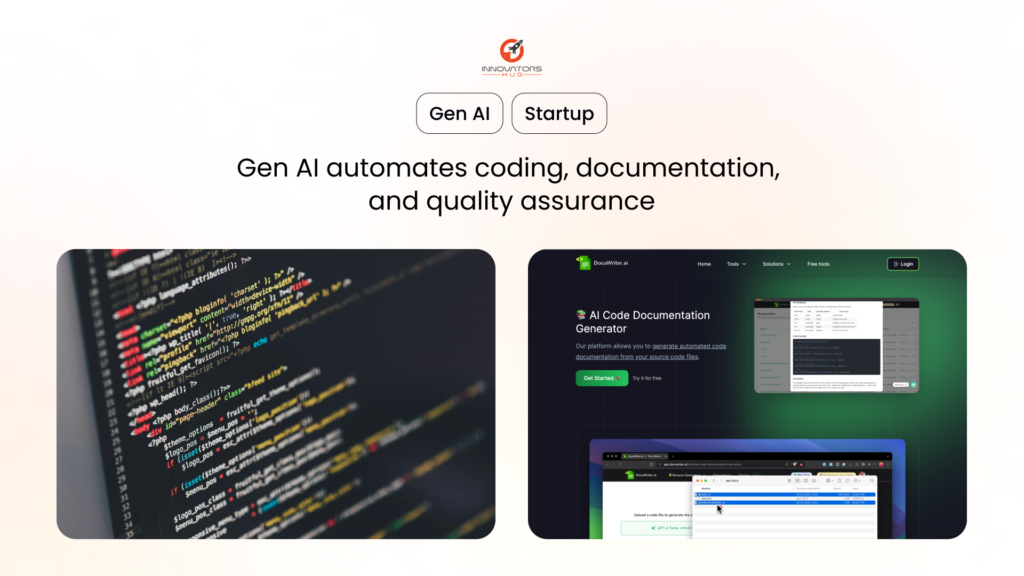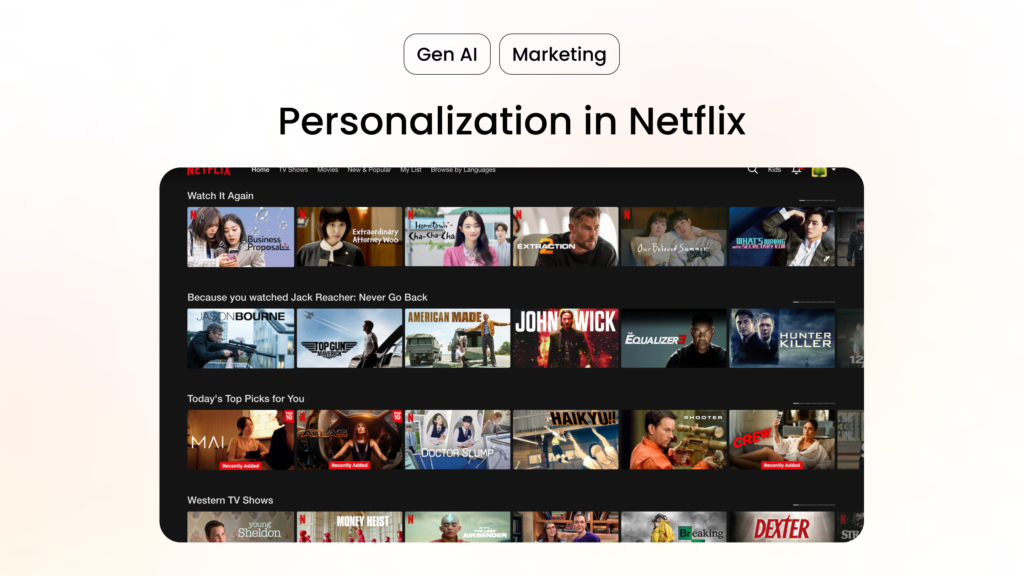The Rise of AI in Software Development
Imagine a world where software writes itself, bugs are automatically detected and resolved, and development cycles are drastically shortened. This isn’t science fiction – it’s the burgeoning reality of artificial intelligence (AI) in software development.
According to a 2023 report by Gartner, 80% of software development firms are expected to incorporate AI into their processes by 2025. This rapidly growing trend underscores the transformative potential of AI in reshaping how software is developed.
AI-powered tools are increasingly integral to the software development lifecycle. From code generation and debugging to testing and optimization, AI is revolutionizing how developers work, making processes more efficient and robust.
Opportunities and Risks of AI in Software Development
AI code generation presents a myriad of opportunities, including enhancing developer productivity by automating repetitive tasks, improving code quality through advanced analysis techniques, and enabling non-experts to generate code through high-level specifications. These innovations not only speed up the development process but also democratize it, allowing a broader base of individuals to contribute to software creation.
However, this new frontier is not without risks. The reliance on AI-generated code can obscure the understanding of the underlying logic, potentially leading to a skills gap among developers. Additionally, the automation of coding tasks raises concerns about job displacement and the security of generated code, as biases in training data can lead to unintended vulnerabilities. Balancing these opportunities and risks is essential for harnessing the full potential of AI in software development.
What Can Generative AI Do in Software Development?
1. AI-Assisted Requirement Analysis and Strategic Planning
At the very start of the software development lifecycle, understanding and planning according to user requirements is critical. With the aid of AI, developers can sift through and analyze extensive data sets to identify trends in user needs, preferences, and challenges. This analytical prowess enables a deeper comprehension of the project’s target audience, fostering the development of features and functionalities that truly align with user expectations. AI further streamulates the planning stage by optimizing the allocation of resources, forecasting project timelines accurately, and pinpointing potential hurdles before they manifest.
2. Revolutionizing Code Creation through AI
AI’s influence becomes markedly transformative when it automates the generation of code. Software tools powered by AI, equipped with code generators and intelligent auto-completion technologies, substantially expedite the coding phase. By employing Natural Language Processing (NLP), these tools can interpret high-level instructions and seamlessly translate them into operational code, minimizing the manual coding workload and the margin for error.

This allows developers to invest more time in conceptual design and solving complex problems, thereby enhancing the overall efficiency of the development workflow.
3. AI-Powered Debugging and Error Resolution
The debugging phase, traditionally a drain on time and resources, is significantly streamlined by AI. Debugging tools, driven by AI, scrutinize code and data flows to unearth bugs and irregularities with remarkable efficiency.
Offering actionable solutions to rectify detected problems, these tools not only quicken the debugging pace but also uplift the caliber of software produced. Over iterations, AI-based systems refine their diagnostic accuracy by learning from historical debugging data, evolving into even more proficient debugging aides.
4. Enhanced Testing and Quality Assurance with AI
AI stands as a pillar in the realms of software testing and quality assurance. By autonomously generating diverse test cases, conducting thorough tests under various conditions, and analyzing outcomes in real time, AI-based testing frameworks elevate both the scope and precision of software testing. Adaptively responsive to software modifications, these AI-driven testing models ensure robustness and reliability, pivotal for high-stakes software deployments.
5. Crafting Personalized User Experiences through AI
In the pursuit of delighting users, AI-enabled software tailors experience to individual user preferences by deftly analyzing user data and behavior.

Personalized User Experience in Netflix’s Movie Recommendation

Personalized User Experience in Amazon’s Product Recommendation
This bespoke customization bolsters user engagement and loyalty, a boon particularly evident in e-commerce platforms where AI-curated product recommendations significantly boost sales and customer retention.
6. Navigating User Interfaces with Natural Language and Voice Commands
The advent of AI in Navigating User Interfaces revolutionizes user interaction through Natural Language Processing (NLP) and voice recognition technologies. These advancements make digital platforms more intuitive and accessible, allowing users to engage with software in human-like conversations, whether it be through voice-activated assistants or chatbots.
7. Predictive Analytics for Informed Decision-Making
Leveraging AI for predictive analytics supplies developers and business strategists with deep insights drawn from vast data landscapes. This foresight enables proactive decision-making, allowing for the anticipation of potential issues, identification of emerging opportunities, and the formulation of data-backed strategies for optimization.
8. Streamlining CI/CD Processes with AI
AI technologies are poised to redefine Continuous Integration and Continuous Deployment (CI/CD) strategies by automating critical aspects of the software delivery pipeline. With AI at the helm, performance bottlenecks are promptly identified and resolved, ensuring that software updates are deployed swiftly and smoothly to enhance performance and user satisfaction continuously.
9. Pioneering Autonomous Software Maintenance
Finally, AI paves the way for autonomous software maintenance, envisioning a future where software can self-diagnose and remedy operational issues. This proactive approach not only minimizes downtime but also liberates development teams to devote their expertise to innovation and tackling more challenging problems.
What AI Can’t Do in Software Development?
1. Critical Thinking and Problem-solving
Developers’ ability to analyze complex problems, design creative solutions, and make crucial decisions remains irreplaceable. AI can assist, but human intuition and expertise are essential for navigating intricate challenges.
2. Domain Expertise
Developer knowledge in specific industries or applications ensures that software meets user needs. AI lacks the contextual understanding and specialized knowledge that experienced developers bring to the table.
3. Project Management and Leadership
Human oversight is crucial in project planning, resource allocation, and team management. Effective leadership requires empathy, communication, and strategic thinking, qualities that AI cannot replicate.
4. User Interface and User Experience Design
Creating intuitive and user-friendly interfaces requires human empathy and design thinking. AI can provide data-driven insights, but the human touch is essential for crafting engaging user experiences.
Using AI Effectively in Software Development
1. Identify Tasks for Automation
Begin by meticulously analyzing your development workflow to identify specific areas where repetitive and time-consuming tasks can be efficiently automated using AI tools. Look for tasks such as code formatting, testing, and bug detection, which are ideal candidates for AI automation. This step is crucial for enhancing productivity and focusing human efforts on more complex problem-solving tasks.
2. Choose the Right Tools
Conduct thorough research to select AI tools that best align with the unique needs of your project and the strengths of your development team. Key factors to consider include the ease of integrating these tools into your existing workflows, their scalability to support future project growth, and the tools’ capabilities to significantly enhance productivity and workflow efficiency. It’s essential to choose tools that complement and augment your team’s capabilities.
3. Maintain Developer Control
It’s imperative to ensure that your developers not only understand the AI-generated code but also retain full control over the development process. This involves setting up appropriate review processes and encouraging a collaborative environment where AI tools are used as assistants to the human developers, not as replacements. Keeping developers in the loop and in control ensures that AI integrates smoothly into the development process, enhancing rather than complicating it.
4. Focus on Human-AI Collaboration
Actively promote a culture that values collaboration between AI tools and human developers. This culture should prioritize the enhancement of the developers’ expertise with AI assistance, rather than viewing AI as a replacement. Encouraging an environment of continuous learning and improvement is vital to stay abreast of evolving AI technologies and best practices. This approach not only maximizes the potential of your development team but also ensures that your projects benefit from the latest advancements in AI technology.
Mitigating Risks of AI in Software Development
1. Data Quality and Bias
To ensure the effectiveness of AI models, it’s critical to use high-quality, unbiased datasets during the training process. Regular audits of AI systems are essential to identify and mitigate any bias that may exist, ensuring that the software outcomes are fair and equitable for all users. By taking these steps, developers can contribute to the creation of more ethical and bias-free technology.
2. Security and Explainability
In the development of AI tools, security should always be a top priority. Alongside ensuring robust protection against potential threats, striving for explainable AI models is equally important. Explainable AI allows developers and stakeholders to understand the decision-making processes behind AI systems. Transparent AI systems not only help build trust among users but also facilitate easier debugging and maintenance, leading to safer and more reliable technology.
3. Continuous Learning and Improvement
The field of artificial intelligence is rapidly evolving, making it crucial for developers to engage in continuous learning and improvement of the AI tools they use in software development. Monitoring the performance of these tools and staying updated on the latest advancements in AI technology allows for the incorporation of new techniques and methodologies. This ongoing process of learning and enhancement ensures that development processes remain cutting-edge, enabling developers to deliver superior software solutions.
Leverage Your Workflow With AI in Software Development
AI provides significant opportunities in software development by boosting efficiency, enhancing quality, speeding up development cycles, and encouraging innovation. However, challenges like over-reliance, the black box issue, bias, and job displacement need addressing.
The future of AI in software development looks bright, with its technologies becoming increasingly essential for crafting innovative and efficient solutions. Balancing the embrace of AI with human oversight and expertise is crucial for unlocking its full potential.
At Innovators Hub Asia, our AiLab service is your gateway to revolutionizing business operations and decision-making through advanced AI technologies. Join us to revolutionize your software development process and maximize efficiency.
As a leading AI consulting firm, AiLabs provides a comprehensive suite of services that include crafting bespoke AI strategies, prototyping concepts, and implementing full-scale AI systems tailored to your organization’s unique needs. With us, you can confidently navigate the complexities of AI and unlock new avenues of growth and efficiency.





